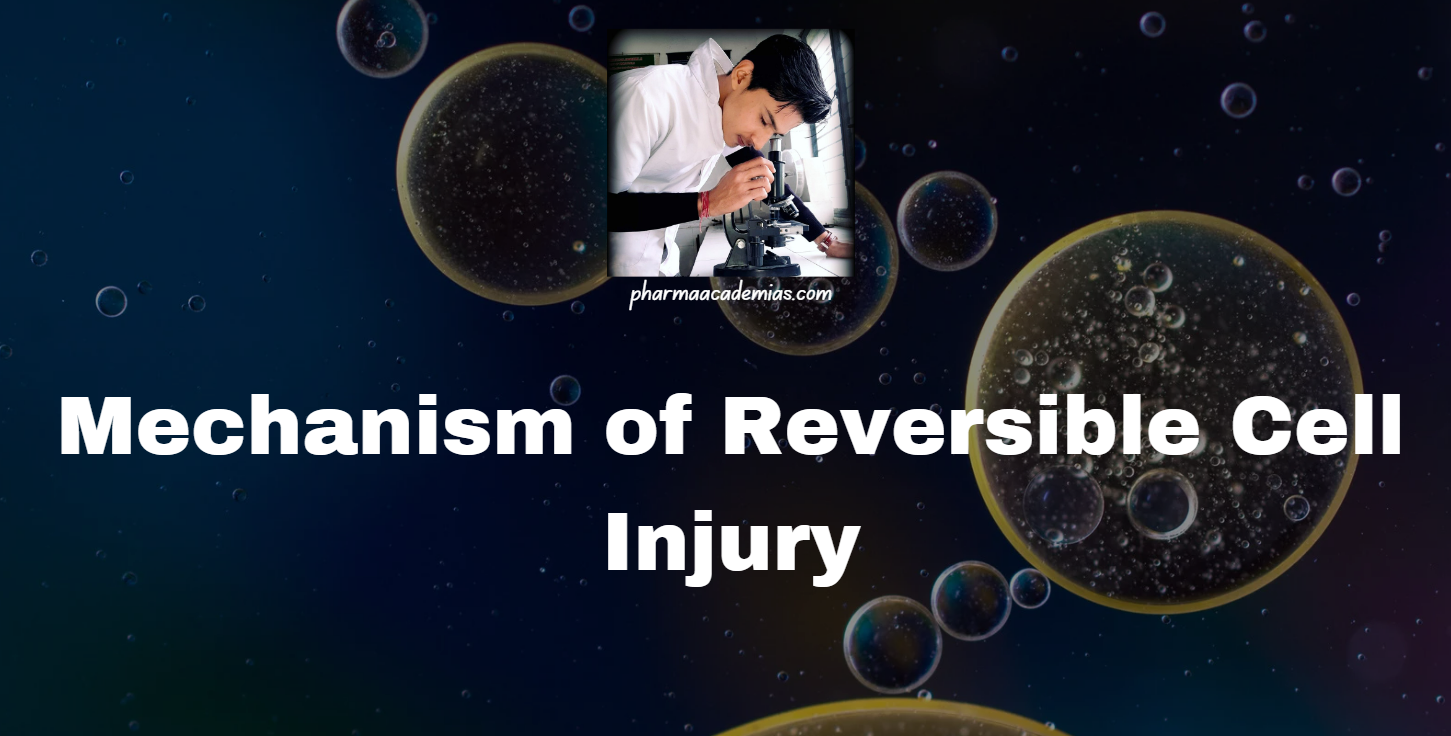Mechanism of Reversible Cell Injury
Reversible cell injury occurs when cells experience extreme stress that they cannot immediately adapt to but can recover from if the stress is removed. This type of injury leads to cellular and morphological changes that are reversible. There are three primary mechanisms through which reversible cell injury can occur: 1. Depletion of ATP Resources ATP … Read more







